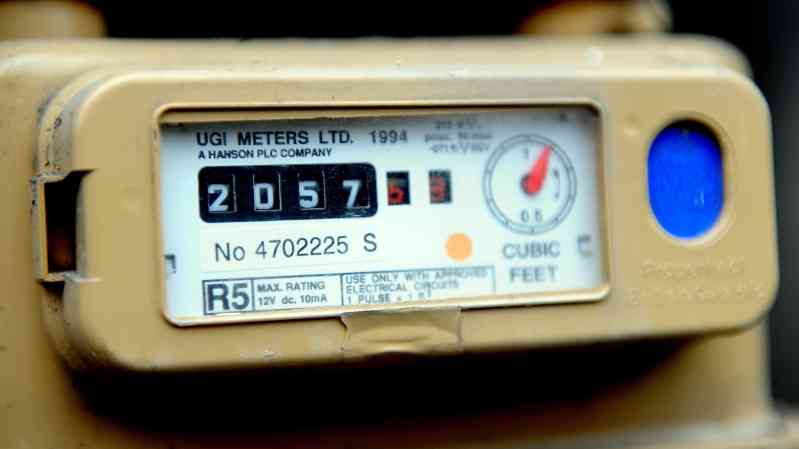The energy industry is bracing for a new wave of small supplier failures amid warnings that many cannot survive soaring wholesale gas and electricity prices.
Keith Anderson, chief executive of ScottishPower, one of Britain’s biggest suppliers, said: “A massive train crash is about to happen because their models are unsustainable. Prices have gone through the roof and they can’t cope.”
Wholesale UK gas prices are close to their highest levels since 2005 and are more than six times higher than they were a year ago, according to ICIS, the price reporting agency, while power prices have tripled in a year to 13-year highs.
Anderson said that many small suppliers had signed customers to cheap, fixed-price deals and were now having to buy wholesale energy “way, way above what they are selling it at”. Such suppliers sought to keep signing up customers to bring in enough cash to survive, but “prices have gone up so much in the wholesale market, it’s impossible to run fast enough to catch up.
“There are still two or three companies offering contracts at under £1,000 [per year]. That is 100 per cent commercial suicide. The rationale is to get more customers to get the cash to fund your forward purchases. That model is going to hit a brick wall.”
More than 20 companies that together supplied 1.4 million customers have collapsed since 2018.
Anderson said he could “virtually guarantee a raft of insolvencies in October” triggered by payment deadlines for green energy schemes. Suppliers are supposed to collect enough money from their customers over the year to fund the payments. However, in recent years several struggling suppliers have spent the cash destined for these schemes in an attempt to keep trading.
When a supplier fails, the rest of the industry is forced to pick up the tab for any unmet payments, as well as for customer credit balances so that households are not out of pocket. The bill for supplier failures since 2018 is estimated at more than £250 million.
Ofgem, the energy regulator, is consulting on reducing the amount of customer credit that suppliers can hold, or to make them ring-fence it.
Chris O’Shea, boss of Centrica, the British Gas owner, said such changes should happen as soon as possible.
Neil Lawrence, retail director at Ofgem, said it had “introduced tougher measures on supplier finances” and “proactively monitors their financial resilience, the risk of supplier failure and how they treat their customers”.
Centrica shares hit by move to extend energy price capConfirmation from the government that it will keep a cap on energy prices for 15 million households on default tariffs beyond a planned end date of 2023 hit the shares of Britain’s biggest energy supplier yesterday.
Shares in Centrica, the owner of British Gas, fell by a little more than a penny, or 2.6 per cent, to 48p after ministers said that they planned to legislate for an option to extend the price cap, which has hit the company’s profits.
Anne-Marie Trevelyan, the energy minister, said that if the price cap expired before the conditions for effective competition were in place, there was a substantial risk that “the millions of consumers who remain on default tariffs will be exposed to the excessive charging” that existed before.
The potential price cap extension, revealed by The Times yesterday, took most of the industry by surprise.
Centrica, which opposed the introduction of the cap, said that it wanted “a market that encourages engagement, competition and innovation”.
